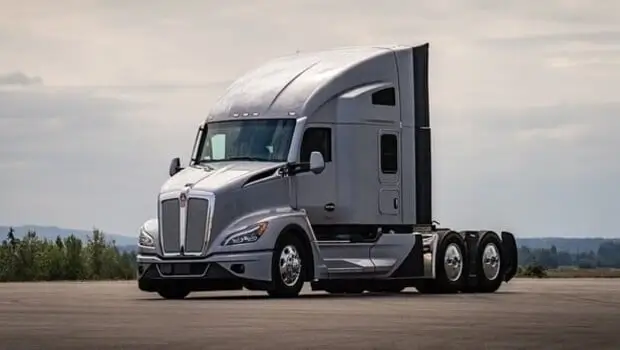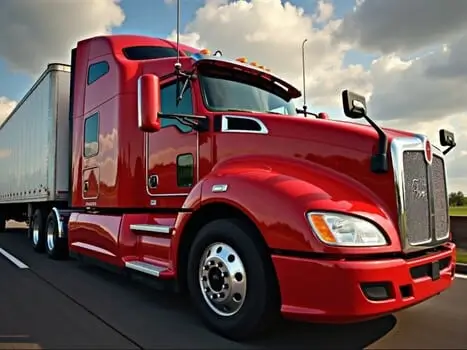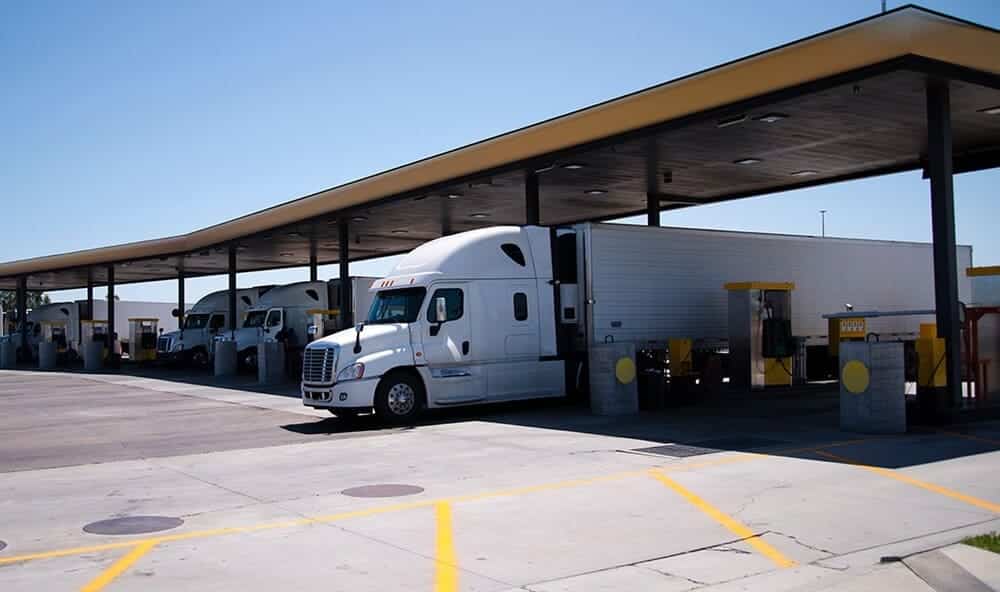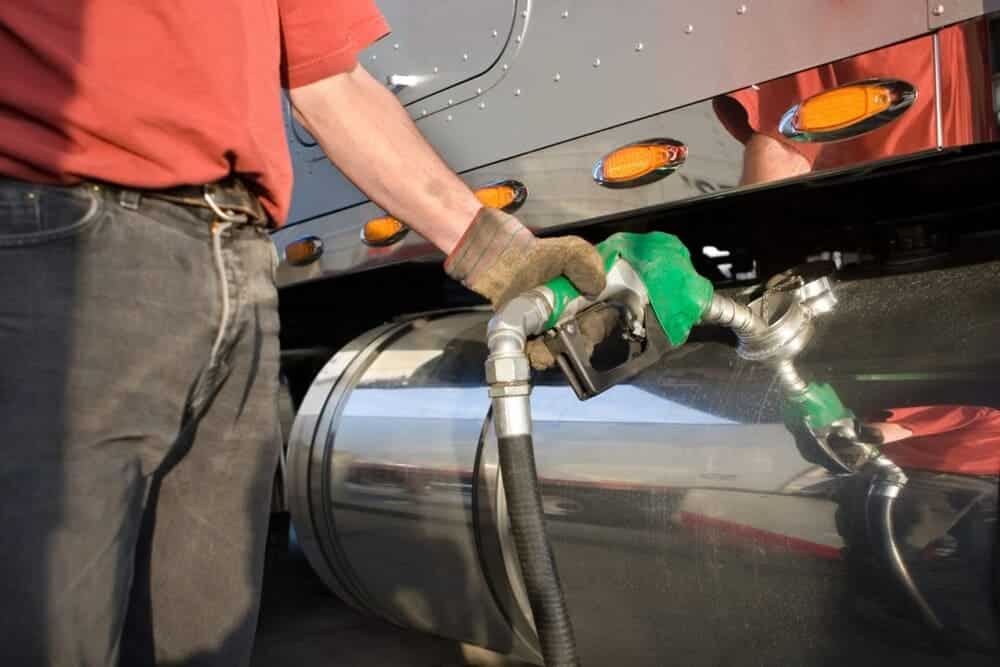
January 23, 2024

5244 Views

4 min read

October 10, 2023

5410 Views

6 min read
Fuel is one of the largest costs for many transportation companies, accounting for at least one-third of total expenses. Reducing fuel consumption can significantly improve a company’s bottom line. But how do you improve fuel economy? The key is understanding the primary factors influencing fuel efficiency across fleet operations.
The average miles per gallon (MPG) for semi-trucks varies based on the specific truck model, driving habits, and prevailing road conditions. Historically, trucks built before the last decade average 5 miles per gallon. However, a turning point came in 2014 when the Department of Transportation and the Environmental Protection Agency, under the Obama administration, established new fuel efficiency standards for medium and heavy-duty trucks in the United States.
As a result, any semi-truck manufactured after 2014 must meet a minimum fuel efficiency of 7.2 MPG. Despite this, it’s not uncommon for some semi-trucks to achieve over a million miles in their lifetime. Therefore, the overall fuel efficiency of a fleet becomes crucial. Additionally, given that a trucking fleet might comprise a blend of trucks from both before and after 2014, the overall fleet MPG average may be skewed.

GeoTab recently released a report detailing the MPG averages of semi-trucks across different states.
The states with the top ten MPG averages are:

On the flip side, the states with the ten lowest MPG averages are:
If you own and manage a fleet of trucks, it’s crucial to recognize that these vehicles represent a significant investment. Your decision should be well-informed, considering a brand-new heavy-duty usually ranges from $100,000 to $200,000. Fuel efficiency should undeniably be a priority among the many factors to consider. To guide your decision, here are some of the best-performing semi-trucks in terms of miles per gallon, as noted by
Freightliner Cascadia Evolution: This semi-truck is one of the best when it comes to fuel efficiency, achieving an impressive 10 miles per gallon. Not only is the Freightliner Cascadia Evolution more fuel-efficient compared to earlier commercial truck models, but it also boasts advanced aerodynamic enhancements.
Peterbilt 570: Coming in just shy of 10 MPG is the Peterbilt 579. While maintaining the classic Peterbilt style, it incorporates new aerodynamic components like its hood, bumper, and air dam to slice through wind resistance and promote fuel economy.
Kenworth T680: The Kenworth T680 Advantage delivers fuel savings of approximately 9 MPG. Its innovative design elements, including side extenders, air deflectors, and wheel covers, all work together to enhance efficiency. The optimized engine and transmission also provide power while conserving fuel.
Mack Pinnacle: With a fuel economy of almost 8 MPG, the Mack Pinnacle supports heavier loads while remaining wind-resistant. Its low center of gravity, axle-forward cab design, and aerodynamic shape contribute to improved MPG and stability at highway speeds.
Improving fleet fuel management begins with understanding the factors that influence fuel mileage. To improve your fleet’s fuel efficiency, you must address two primary areas: the semi-truck’s design and the driver’s behavior. Let’s delve deeper into how each affects fuel economy.

Modern truck models have embraced technologies and design strategies that can significantly enhance a semi-truck’s fuel efficiency. When selecting a semi-truck, be on the lookout for:
A well-designed vehicle can only go so far; the driver’s habits significantly determine fuel efficiency. For optimal fuel economy across your fleet, fleet managers must consistently guide drivers toward fuel-efficient driving practices.
Areas to focus on when training drivers:
Every extra mile per gallon saved by a semi-truck can have a big impact on the bottom line. Fuel is one of the highest operating costs in the trucking business, and small improvements can mean thousands of dollars saved per year. Better fuel economy also helps reduce emissions and supports a company’s reputation as a responsible carrier.
The average mpg for semi trucks ranges from 6 to 8 miles per gallon, depending on driving habits, load weight, and terrain. While this number may seem low compared to smaller vehicles, every improvement counts in long-distance hauling. Understanding how many mpg a semi gets under different conditions can guide fleet managers to make smarter operational decisions. Regular maintenance, route optimization, and driver training are key to reaching better semi truck mpg levels across a fleet.
Another factor that directly affects commercial vehicle fuel efficiency is scheduling and routing. Well-planned routes reduce idle time, heavy traffic delays, and unnecessary detours. Many carriers benefit from professional dispatch services that help coordinate loads efficiently, saving both fuel and time. Proper dispatch planning ensures trucks spend more time moving and less time waiting, which directly boosts trucking fuel economy.
Fuel management is more than just filling the tank. Fleet operators who focus on driver behavior and truck upkeep usually see the best results. Some effective actions include:
Each of these steps contributes to improved semi truck mpg and helps extend the vehicle’s lifespan. Simple adjustments like these can make a noticeable difference in how efficiently a fleet operates.
The next consideration is regular maintenance. A well-serviced engine runs smoother, burns fuel cleaner, and offers better mileage. Many fleet owners choose a trusted logbook service to keep accurate maintenance records and spot issues early. Such attention helps trucks maintain an average mpg for semi trucks that meets or exceeds industry standards.
Understanding how many miles per gallon a semi gets under different conditions allows managers to plan budgets and routes with precision. By combining careful maintenance, smart dispatching, and responsible driving, fleets can steadily raise commercial vehicle fuel efficiency and remain competitive in the long run.
Semi-truck fuel efficiency is vital for optimizing operations and costs. For that, you must be able to track, analyze, and assess your fuel usage and costs. While heavy loads and long hauls require substantial fuel, MPG can be improved through truck design and driver habits. Investing in fuel efficiency provides major rewards, both financial and environmental.
Test